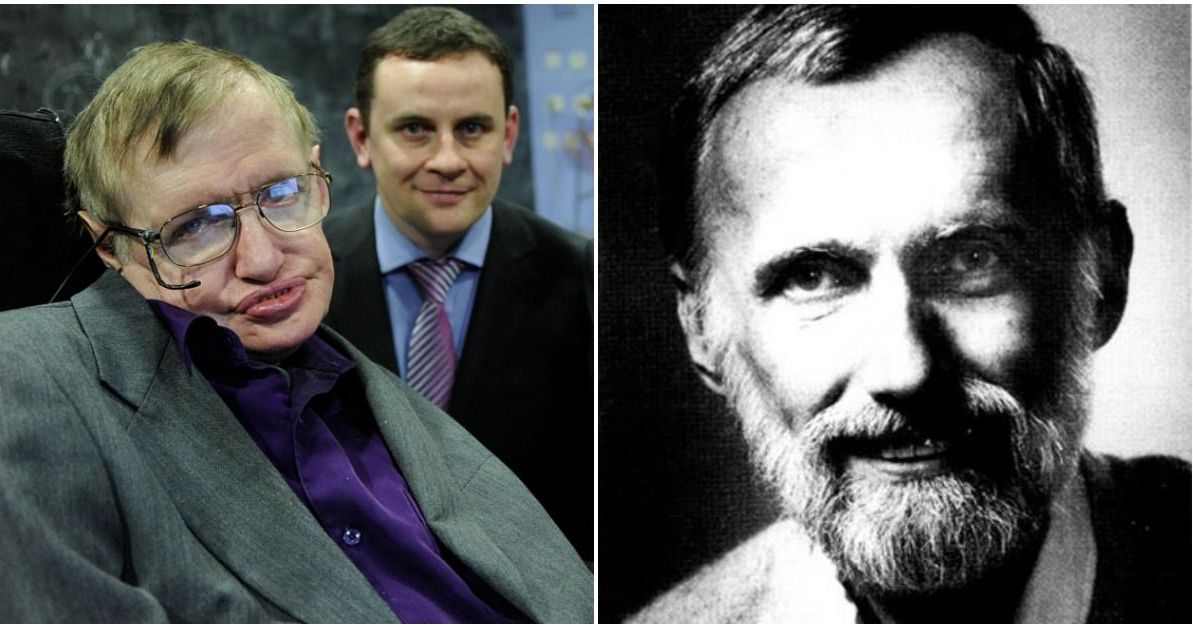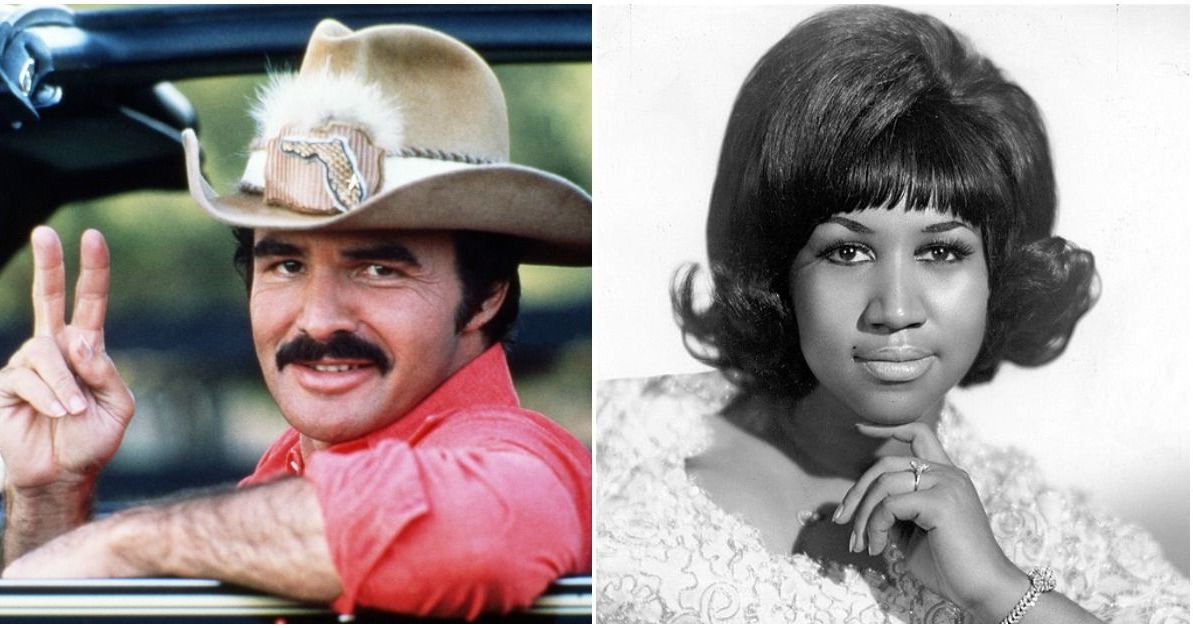Last year, the world mourned the death of Stephen Hawking, the physicist whose book A Brief History of Time made him a household name.
While the average person probably couldn't explain Hawking's contribution to quantum mechanics (I sure can't), his career as a public educator made him world famous.
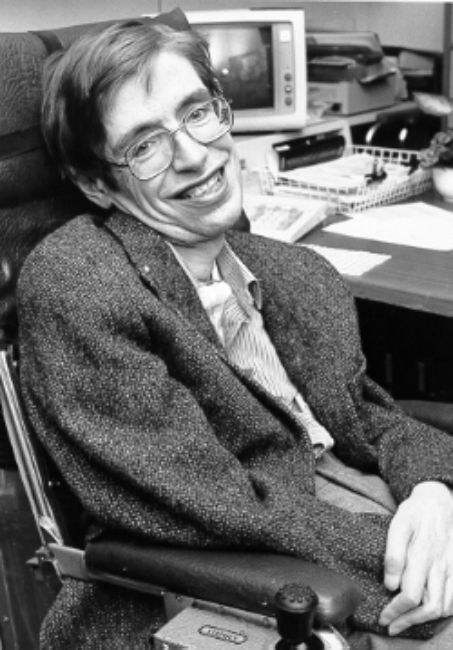
Hawking's disability - a slow-progressing form of ALS called motor neurone disease (MND) - and his synthesized voice also made him instantly recognizable.
But not many people know the heartwarming story behind Hawking's famous voice, and its creator Dennis Klatt.
Hawking lost the ability to speak after undergoing a tracheotomy while suffering from an infection in 1985, and relied on a cue-card system that made his raise his eyebrows to spell out words.
Soon, he started searching for an electronic text-to-speech tool that could give him his voice back and speed up the painfully slow process.
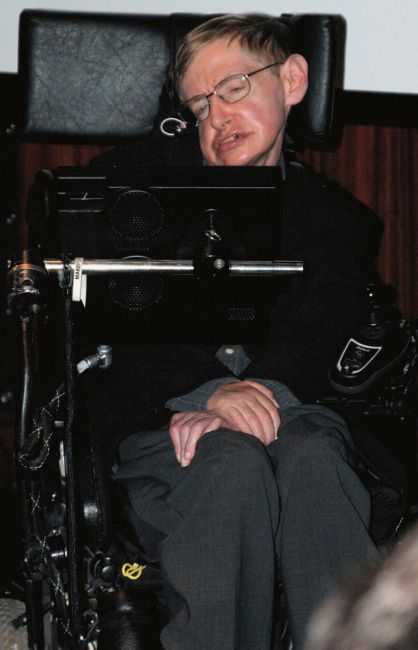
The first custom-built computer Hawking spoke with used a pre-recorded "voice" taken from MIT professor Dennis Klatt, a pioneer in the world of text-to-speech devices.
When you hear Hawking speak in one of his many documentaries, TV specials, or interviews, the voice that plays is Klatt's own.
The company that made the synthesizer used by Hawking offered the scientist an upgraded version several times, but Wired revealed that Hawking has become attached to his signature voice after so many years.
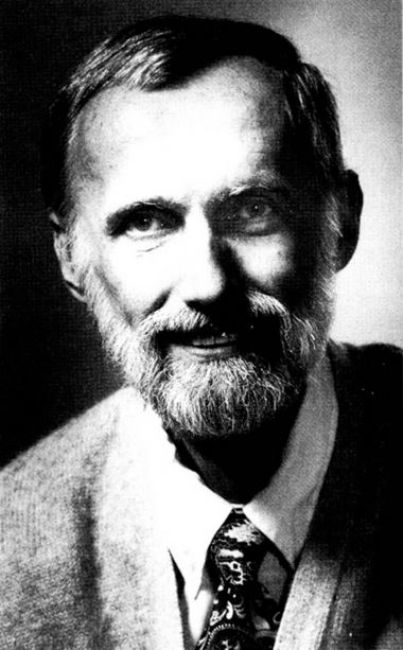
Intel, who made software updates for the professor's text-to-speech device, had to dig through their archives for Klatt's original voice because Hawking wouldn't part with it.
But there were several upgrades to Hawking's text-to-speech device, called The Computer, throughout the years.
The nerve in his hand that allowed Hawking to click out words degraded because of his condition, and in 2008 he switched to an infrared system that scanned a cheek muscle for movement.
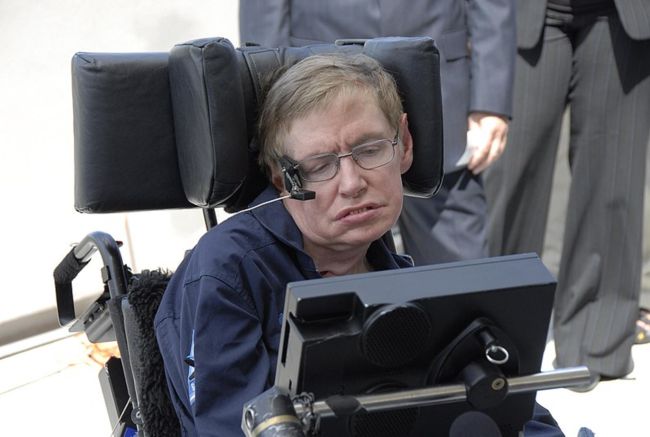
While Klatt passed away in 1989, it's nice to know that his voice lived on through Hawking's computer for another three decades.
Klatt was interested in using his text-to-speech inventions to improve the lives of disabled people, and with Hawking's computer it's safe to say he was a great success.
The fact that Hawking used an "American" voice confused many people into thinking the scientist was American. Queen Elizabeth even teased him in a 2014 meeting, asking, "have you still got that American voice?"
"Yes," he quipped, "it is copyrighted actually."
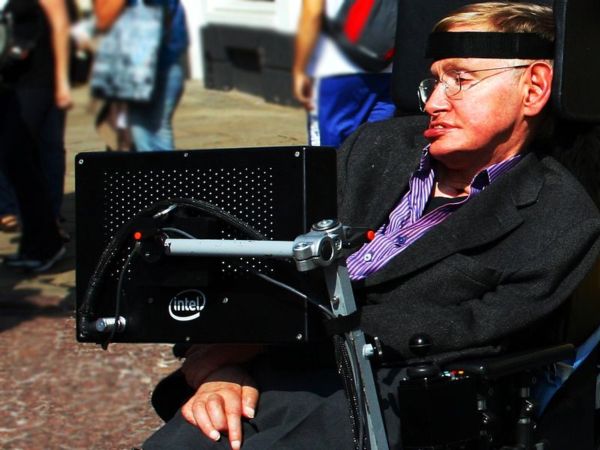
Although, Hawking wrote on his website that people don't always hear his accent the same way.
"I use a separate hardware synthesizer, made by Speech Plus," he said. "It is the best I have heard, although it gives me an accent that has been described variously as Scandinavian, American or Scottish."
[H/T: Wired]
